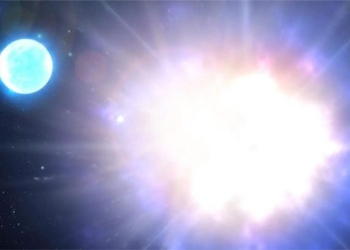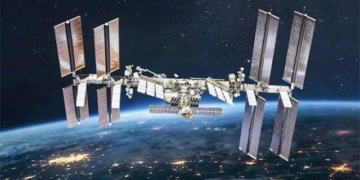A group of scientists from the China Aerospace Technology Corporation, the China Academy of Space Technology, and the National Astronomical Observatories of China has proposed a universal standard for calculating time across the entire Solar System, moving away from the Earth-centric and religious basis of the current system.

According to the group of scientists, the new standard is essential as humanity has ventured into space.
While it may seem obvious on Earth, timekeeping in outer space presents significant challenges. The scientists note that it is impossible to accurately determine time on Mars by synchronizing it with Earth time, as it takes between 3 to 22 minutes for a radio signal to travel from Earth to Mars, and the relative positions and velocities of the two planets are constantly changing.
To develop a timekeeping system for use beyond Earth, the scientists propose using the barycenter of the solar system as the coordinate origin for defining positions in space. The starting point in time could be defined as the moment a signal from a millisecond pulsar reaches the barycenter of the solar system.
This method of calculation is entirely different from the current system, where Earth is the center of the coordinate system and the Greenwich Meridian serves as the reference point. Year 0 in the Gregorian calendar is based on the birth of Jesus Christ.
According to the Chinese scientists, the major challenge in establishing the new standard is selecting the pulsar and the signal to mark the starting time.
Astronomer Jonathan McDowell from the Harvard-Smithsonian Center for Astrophysics in the U.S. has noted that the scientific community has long considered moving away from a timekeeping system centered on Earth or based on religious foundations.
“In fact, astronomers have been using such a system when studying signals from outside the Solar System with high temporal precision or when calculating the positions of planets,” McDowell stated.





















































